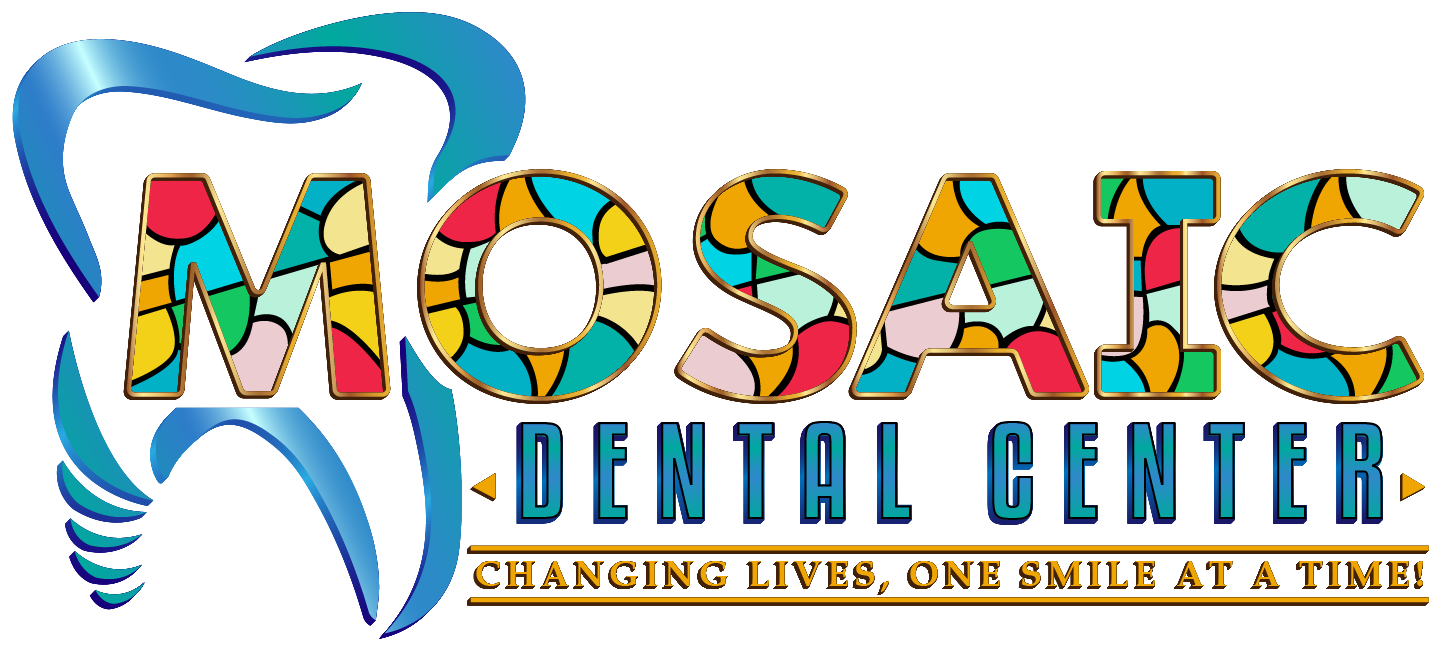Oral conscious sedation also known as sedation dentistry has been widely spoken about the world over in recent years.
It is not a secret that most people dread those dental visits whenever the time comes to make them. Oral sedation dentistry can be defined as a medical procedure that involves the administration of oral sedative drugs, basically to facilitate a dental procedure and reduce patients’ anxiety related to the experience. It works best on patients with generalized anxiety or fear of sharp objects and needles (belonephobia).
Types of conscious sedation dentistry:
There however exist other methods of conscious sedation dentistry besides Oral sedation. There is inhalation sedation (nitrous oxide) and conscious intravenous sedation. The various drugs which are used for sedation include valium, diazepam, triazolam, zaleplon, lorazepam, and hydroxyzine. Valium is the most recognized drug in the group. It is a well-known and time-tested sedative with amnesic qualities. It has a longer half-life than some of the other medications, so it is particularly useful for appointments where extensive dentistry is being performed.
Uses:
It is amazing how no matter how gentle dentists promise to be the nervousness in their patients just never seem to go away. But since oral hygiene and dental care are essential to your health, it is important that this medication is done in the best way that ensures a patients comfort-ability. Sleep sedation is a safe, comfortable way to have your teeth cared for. With sedation dentistry, as it’s commonly called, you won’t feel any pain or discomfort. Despite the fact that you may be asleep throughout the procedure it has been said that usually a patient can still respond to the doctor’s words.
Procedure:
A variety of single and incremental dose protocols are used to medicate the patient as early as the day before the treatment day. At times, the patient is normally given a pill to take an hour before their appointment and then more pills are given once the patient is ready to have their procedure. This is usually administered depending on how anxious the patient still is. The doctors always monitor the heart rate and oxygen levels throughout the dental procedure. It is important to note, however, that sleep sedation is not like general anesthesia, which is extreme and unnecessary for lesser dental procedures.
Advantages:
The advantages that oral conscious sedation presents over other sedation methods include the fact that it is very easy to administer since you only have to take a pill. No needles are involved for those with fear of needles and the oral administration is highly effective. It also presents an amnesic effect which means that the patient will not necessarily remember the procedure. It is also cost effective as it is less expensive than intravenous sedation.
Drugs must be carefully considered when choosing the appropriate medication for the patient in question. Matching factors should be considered, such as where the drug is metabolized and a good medical history and thorough knowledge of the drug’s characteristics. So it would be highly recommended that before you opt for this procedure it would be best that you deal with a dentist who knows your medical history to avoid any risks that the procedure may come along with. Call Dr. Simmonds Office For more questions regarding Oral Sedation and how we can help you.
